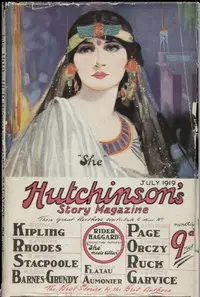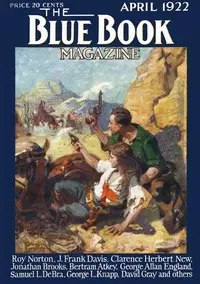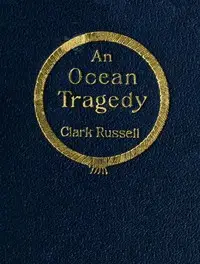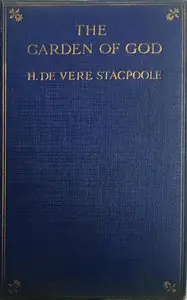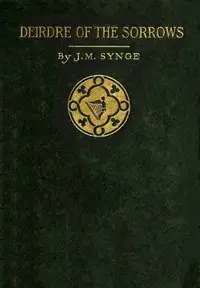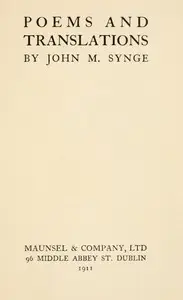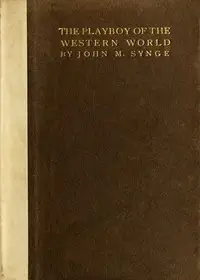"Riders to the Sea" by J. M. Synge is a moving, short drama that explores the lives of people on the Aran Islands and their struggles against the sea. The story centers on Maurya, an old woman who has already lost many sons to the ocean and now is faced with letting her last son, Bartley, brave the water, despite her strong feelings against it. The play shows the family's battle against the power of nature, focusing on feelings of loss and destiny. The discovery of clothes from a dead son, Michael, makes things more intense, leading to the devastating news that Bartley has also drowned. The play emphasizes the sadness the family feels, together with their acceptance of a fate that is impossible to fight. Maurya accepts her losses and acknowledges death is unavoidable.
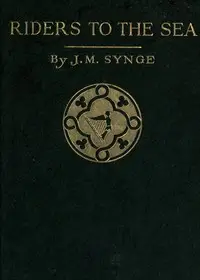
Riders to the Sea
By J. M. (John Millington) Synge
On a remote island, a mother's worst fears materialize as the unforgiving sea claims yet another of her sons, leaving her to grapple with unrelenting grief and the acceptance of a tragic destiny.
Summary
About the AuthorEdmund John Millington Synge was an Irish playwright, poet, writer, collector of folklore, and a key figure in the Irish Literary Revival. His best-known play The Playboy of the Western World was poorly received, due to its bleak ending, depiction of Irish peasants, and idealisation of patricide, leading to hostile audience reactions and riots in Dublin during its opening run at the Abbey Theatre, which he had co-founded with W. B. Yeats and Lady Gregory. His other major works include In the Shadow of the Glen (1903), Riders to the Sea (1904), The Well of the Saints (1905), and The Tinker's Wedding (1909).
Edmund John Millington Synge was an Irish playwright, poet, writer, collector of folklore, and a key figure in the Irish Literary Revival. His best-known play The Playboy of the Western World was poorly received, due to its bleak ending, depiction of Irish peasants, and idealisation of patricide, leading to hostile audience reactions and riots in Dublin during its opening run at the Abbey Theatre, which he had co-founded with W. B. Yeats and Lady Gregory. His other major works include In the Shadow of the Glen (1903), Riders to the Sea (1904), The Well of the Saints (1905), and The Tinker's Wedding (1909).


